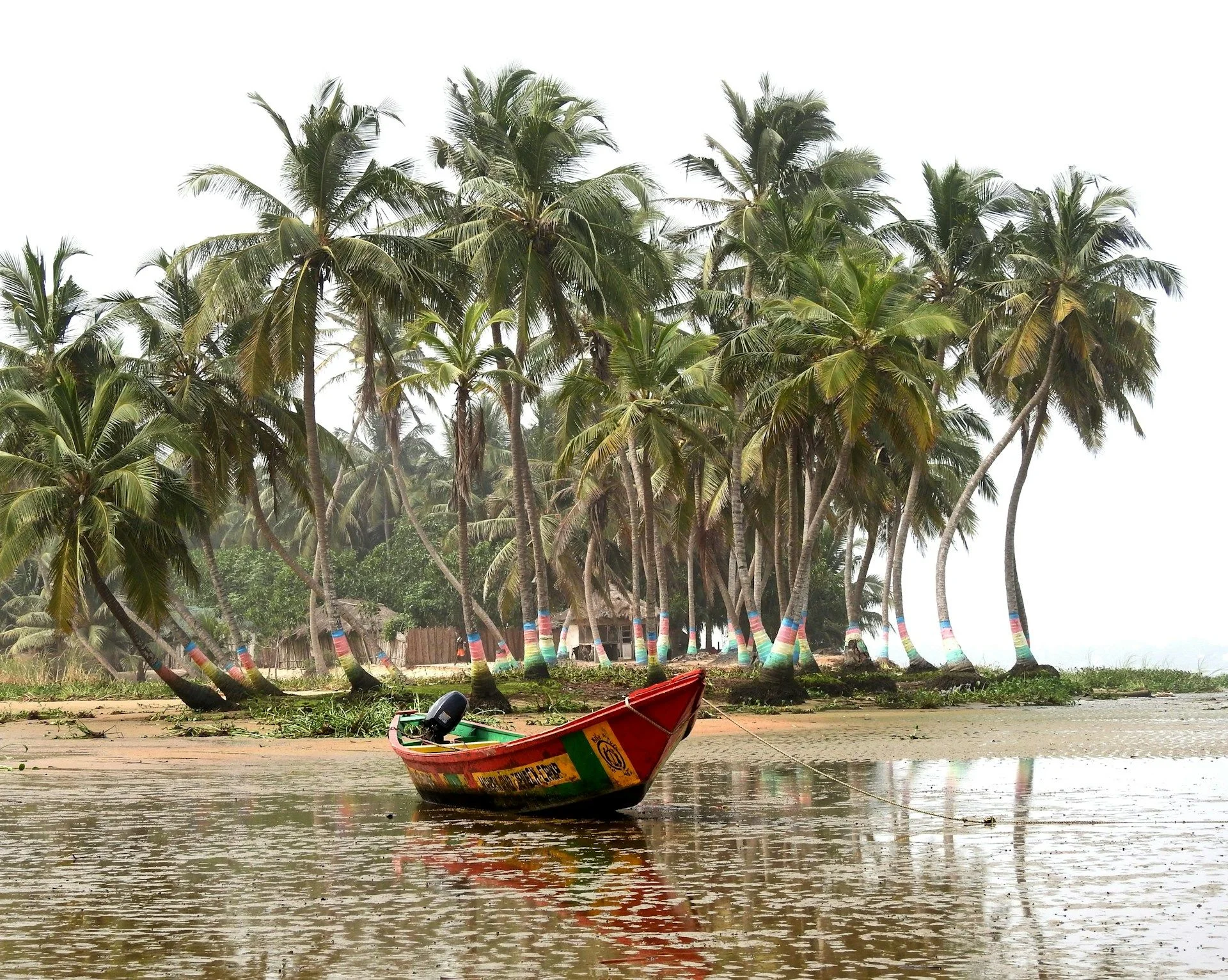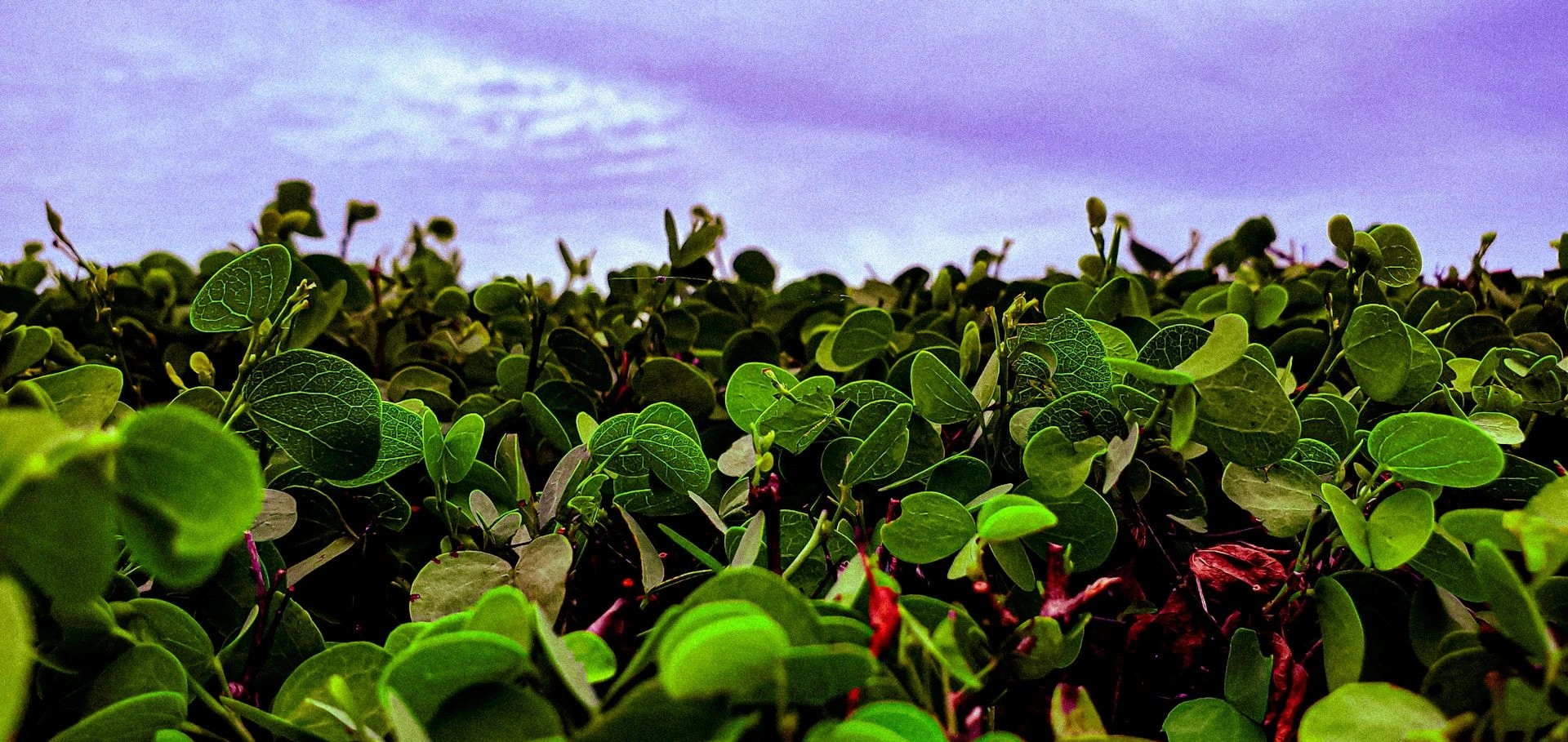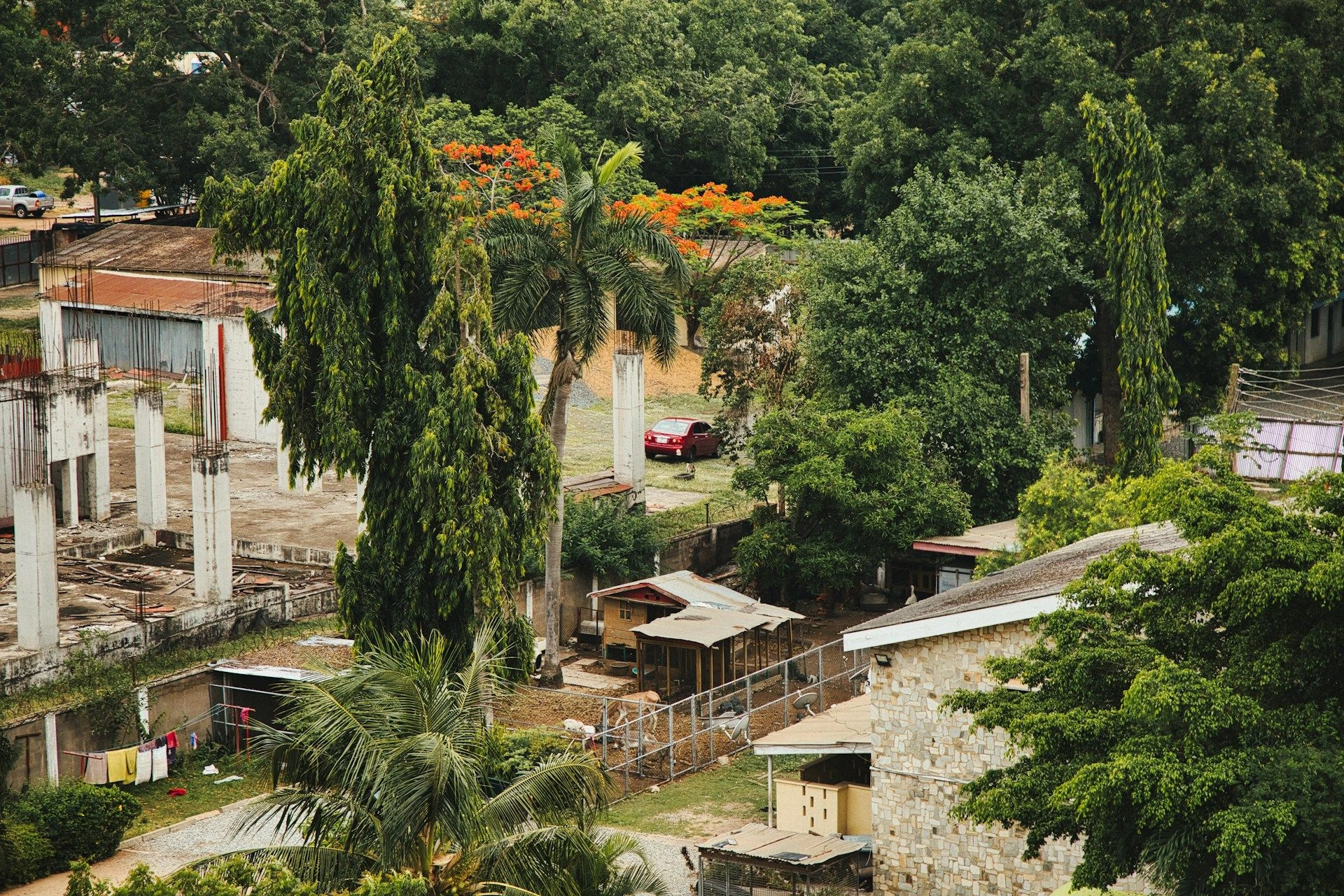Ghana Investment Real Estate – Opportunities for BuyersCity apartments in WestAfrica’s stable hub

Best offers
in Ghana
Benefits of investment in
Ghana real estate
Real estate in one of Africa’s safest markets
Ghana offers full ownership rights and consistent rule of law, attracting diaspora and foreign buyers.
Strong demand in urban and suburban zones
Accra’s expanding housing market supports both family buyers and developers seeking mid-range or premium demand.
Economic stability and global business ties
As a regional hub, Ghana’s stable economy and international partnerships make property more reliable as an asset.
Real estate in one of Africa’s safest markets
Ghana offers full ownership rights and consistent rule of law, attracting diaspora and foreign buyers.
Strong demand in urban and suburban zones
Accra’s expanding housing market supports both family buyers and developers seeking mid-range or premium demand.
Economic stability and global business ties
As a regional hub, Ghana’s stable economy and international partnerships make property more reliable as an asset.

Useful articles
and recommendations from experts
Real Estate Investment in Ghana: A Dynamic Hub for West African Property
Introduction: Ghana’s Real Estate Momentum
Ghana is one of West Africa’s most stable and rapidly urbanizing nations. With Accra emerging as a vibrant business and cultural capital, the country is experiencing a construction boom driven by a growing middle class, diaspora investment, and a proactive government. Real estate in Ghana spans residential, commercial, industrial, and mixed-use developments, offering attractive returns to both local and foreign investors.
Types of Property and Market Segments
The Ghanaian property market is diverse and segmented by income level, geography, and use. Key types include:
- Residential units: Apartments, townhouses, and standalone houses, ranging from affordable housing to high-end estates
- Commercial spaces: Offices, retail outlets, and mixed-use buildings, especially in Accra, Kumasi, and Takoradi
- Industrial property: Warehouses and logistics hubs in Tema, Spintex, and along transport corridors
- Land plots: Both serviced and unserviced, for development or speculative resale
- Tourism assets: Beachfront lodges, city hotels, and boutique resorts along the Cape Coast
The government is also promoting smart cities, satellite towns, and vertical developments to reduce housing deficits and modernize urban infrastructure.
Legal Framework and Foreign Ownership
Ghana has a well-established land and property registration system, although it includes both state and customary ownership types. Key rules include:
- Leasehold system: Foreigners can acquire property on a leasehold basis for up to 50 years (renewable)
- Freehold ownership: Reserved for Ghanaian citizens only
- Title registration: Mandatory through the Lands Commission or Land Title Registry, depending on location
- Due diligence: Foreign investors must verify land titles, check for encumbrances, and ensure compliance with zoning laws
Ghana’s dual land tenure system (statutory vs. customary) requires careful vetting. Many land parcels are held by families or chiefs, and investors must secure written agreements, site plans, and indentures before purchasing.
Property Prices and Value Drivers
Prices in Ghana vary greatly depending on location, infrastructure, and construction quality:
- Accra (central): Apartments: USD 80,000–250,000; Villas: USD 300,000+
- East Legon, Cantonments, and Airport Hills: Premium neighborhoods with villas exceeding USD 500,000
- Kumasi and Takoradi: Moderate pricing; apartments starting at USD 40,000; homes from USD 80,000
- Land in Accra outskirts: USD 30–100/m² depending on access to roads and utilities
New developments are underway in areas like Oyarifa, Amasaman, and Prampram — fueled by diaspora investment and master-planned community initiatives.
Rental Yields and Investment Returns
Rental yields in Ghana can be attractive, especially in Accra and areas with high expatriate populations. Typical returns include:
- Apartments in central Accra: Monthly rents USD 1,000–3,000; yields of 6%–10%
- Serviced apartments: Daily rates of USD 50–200, depending on size and location
- Commercial leases: USD 20–50/m²/month in prime office districts
Short-term rentals (via Airbnb) are gaining popularity, particularly near Osu, Labone, and the Airport Residential Area. Long-term corporate rentals remain a stable source of income, with international NGOs and oil companies leasing high-end properties.
Transaction Process and Closing Costs
The property acquisition process typically involves:
- Site visit and offer
- Title search at the Lands Commission
- Negotiation of Sale and Purchase Agreement
- Survey and preparation of indenture
- Stamping and registration of title (3–6 months)
Associated costs include:
- Stamp duty: 1%–3% of the property value
- Legal fees: 1%–2%
- Registration fees: ~0.5%–1%
- Commission (agency): Typically 5% of the sale price, paid by the seller
Transactions must be formalized in writing and registered to be legally enforceable. Foreigners should ensure payment transfers go through official bank channels to comply with repatriation laws.
Notable Investment Zones
- Airport Residential Area: High-end developments, serviced apartments, and diplomatic residences
- East Legon: Popular with diaspora, expats, and Ghanaian entrepreneurs
- Spintex and Tema: Industrial corridors with rising residential and commercial activity
- Cape Coast and Elmina: Tourist destinations with beachfront property potential
- Amasaman and Adenta: Affordable housing clusters with future growth potential
The key demand drivers are infrastructure access, proximity to business districts, and availability of utilities. Properties near the new Kotoka Airport Terminal or the Accra–Tema Motorway command premium pricing.
Investment Scenarios
- Buy-to-rent apartment in East Legon: USD 120,000 purchase, rented at USD 1,000/month → 10% gross yield
- Land banking in Prampram: Acquire 2,000 m² plot at USD 40,000 for future resale or development
- Mixed-use building in Kumasi: USD 500,000 development cost, annual rental revenue USD 60,000 → 12% ROI
Investors targeting the diaspora market can also sell off-plan units priced in USD, which reduces FX risk and appeals to overseas buyers looking to relocate or retire in Ghana.
Risks and Challenges
Despite its advantages, investors should consider:
- Land disputes: Multiple claims or unclear titles — thorough verification is vital
- Construction delays: Infrastructure bottlenecks and import dependence can slow projects
- Informal markets: Many deals are not publicly listed — local agent relationships are key
- Currency depreciation: Hedging against the Ghanaian cedi (GHS) may be necessary for USD investors
The Ghana Investment Promotion Centre (GIPC) offers guidance to foreign investors, and partnerships with local developers are often used to navigate the market effectively.
Conclusion: West Africa’s Real Estate Gateway
Ghana presents one of the most promising real estate landscapes in West Africa. From Accra’s luxury condos to land opportunities in coastal and peri-urban zones, the country offers depth, diversity, and legal clarity for foreign investors. With strong demand, an improving infrastructure base, and government support for housing, now is a strategic moment to explore property investment in Ghana.


